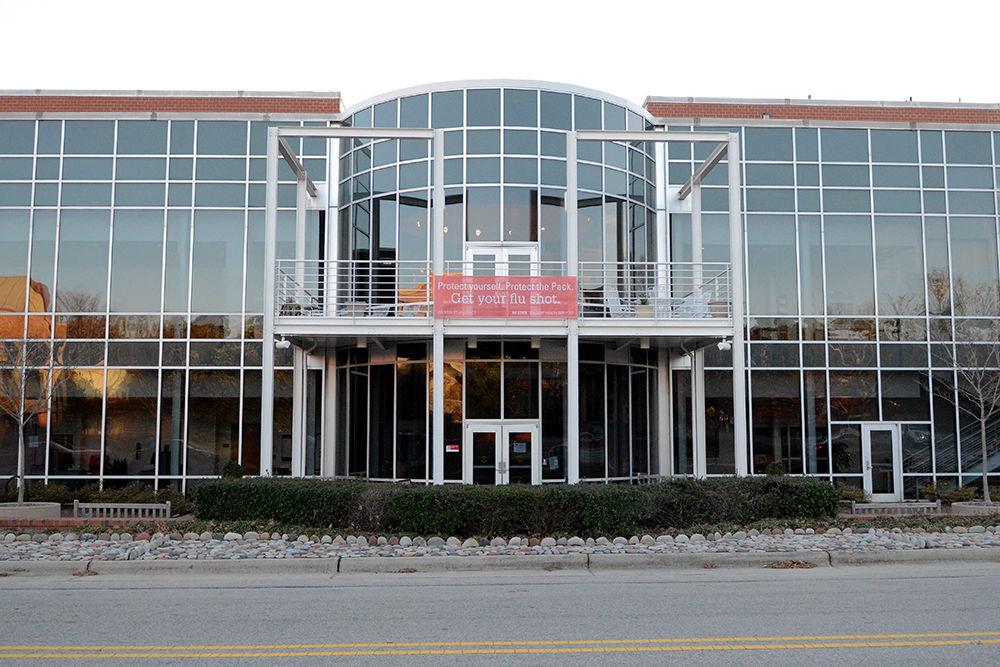As National Suicide Prevention Month begins, the NC State Counseling Center continues its efforts to raise awareness about mental health issues through an array of events that focus on hands-on methods for students to speak openly about mental health and wellness.
With suicide ranked as the second leading cause of death among college students by the Centers for Disease Control and Prevention, the Counseling Center has increased its focus on suicide prevention through the creation of Prevention Services in April, which includes NC State Cares, suicide prevention, and alcohol and other drug prevention.
Angel Bowers, assistant director of outreach for the Counseling Center, described Cares, a case management system that now falls under the umbrella of Prevention Services, as an option for students who are unsure of how to seek help for another student.
“If there’s a student who is in distress but is not really sure about going to counseling or not sure about following up, then a friend can make a Concerning Behavior Report through Cares and say, ‘Hey, I’m worried about my friend; could you reach out to them?’” Bowers said.
For students seeking help for themselves, Bowers suggested the Counseling Center.
Colleen Grunhaus, who has served as Prevention Services’ suicide prevention coordinator since early August, described what students can expect with a walk-in visit to the Counseling Center.
“The information shared in counseling is confidential unless there’s a risk to self or others, and it’s covered by student health fees,” Grunhaus said.
Grunhaus said that if students feel that the Counseling Center is not the best fit for them, there are other options on campus through campus community centers and services that students can utilize.
“We have wonderful campus partner offices, and actually, we have embedded counselors in other campus offices,” Grunhaus said. “They are in the GLBT Center, Women’s Center, African American Cultural Center, Multicultural Student Affairs, the Military and Veterans Services Offices, so that students can meet with a counselor in those spaces as well if they prefer.”
The signs of distress in students are also something Bowers noted as it could indicate that students may need additional support.
“Some of the things we see most often are deteriorating academic performance,” Bowers said. “We’ll notice a shift in mood or just not feeling like themselves, feeling apathy around things, feeling sadness, feeling anger; feeling irritability is a possibility. They’re not acting or performing or feeling in the ways that are typical for them.”
Bowers said that a student’s first semester can feel overwhelming for many reasons, but points out that a student should seek help when struggles go past the point of adjustment such as not getting out of bed, not making it to classes or harming themselves or others.
Students are still encouraged to reach out to the Counseling Center when they think they could use help. While Bowers has seen an increase in the number of students who use the Counseling Center, she still encouraged students to stop the stigma surrounding mental health issues by sharing their own stories.
“Students can be open to talking about their own struggles,” Bowers said. “That normalizes and validates things in a very big way. Having that openness and willingness to recommend the Counseling Center as easily as you would suggest to a student with a cold to go to Student Health.”
Additionally, the impact of the language used by students on a daily basis surrounding mental health is something that the Counseling Center is looking to change just by excluding certain phrases.
“We can avoid calling people crazy, or saying, ‘I’m bipolar today,’ or ‘I’m so ADD,’ if that’s not an accurate diagnosis,” Bowers said. “Those are some things that feel small, but they’re actually quite big when we’re looking at shifting culture in a university.”
Grunhaus explained that participation in Counseling Center outreach is another way that students can help bring awareness to mental health issues on campus. She encouraged students to attend the vigil for Suicide Prevention Day on Sept. 10*, the #PackSecrets event on Sept. 20, Fresh Check Day on the morning of Sept. 26 and To Write Love on Her Arms on the evening of Sept. 26.
Mental Health Ambassadors will be tabling in Talley from Tuesday, Sept. 4, to Monday, Sept. 10, spreading information about these events and hosting sign ups for QPR (question, persuade, refer) training.
Information about the Counseling Center’s drop-in groups is available on the Counseling Center website under the Workshops and Programs page.
Students can make a Concerning Behavior Report though Cares by calling 919-515-4405 or by visiting the website.
*Editors Note: This article has been updated with the correct date of the suicide prevention vigil, Sept. 10.








